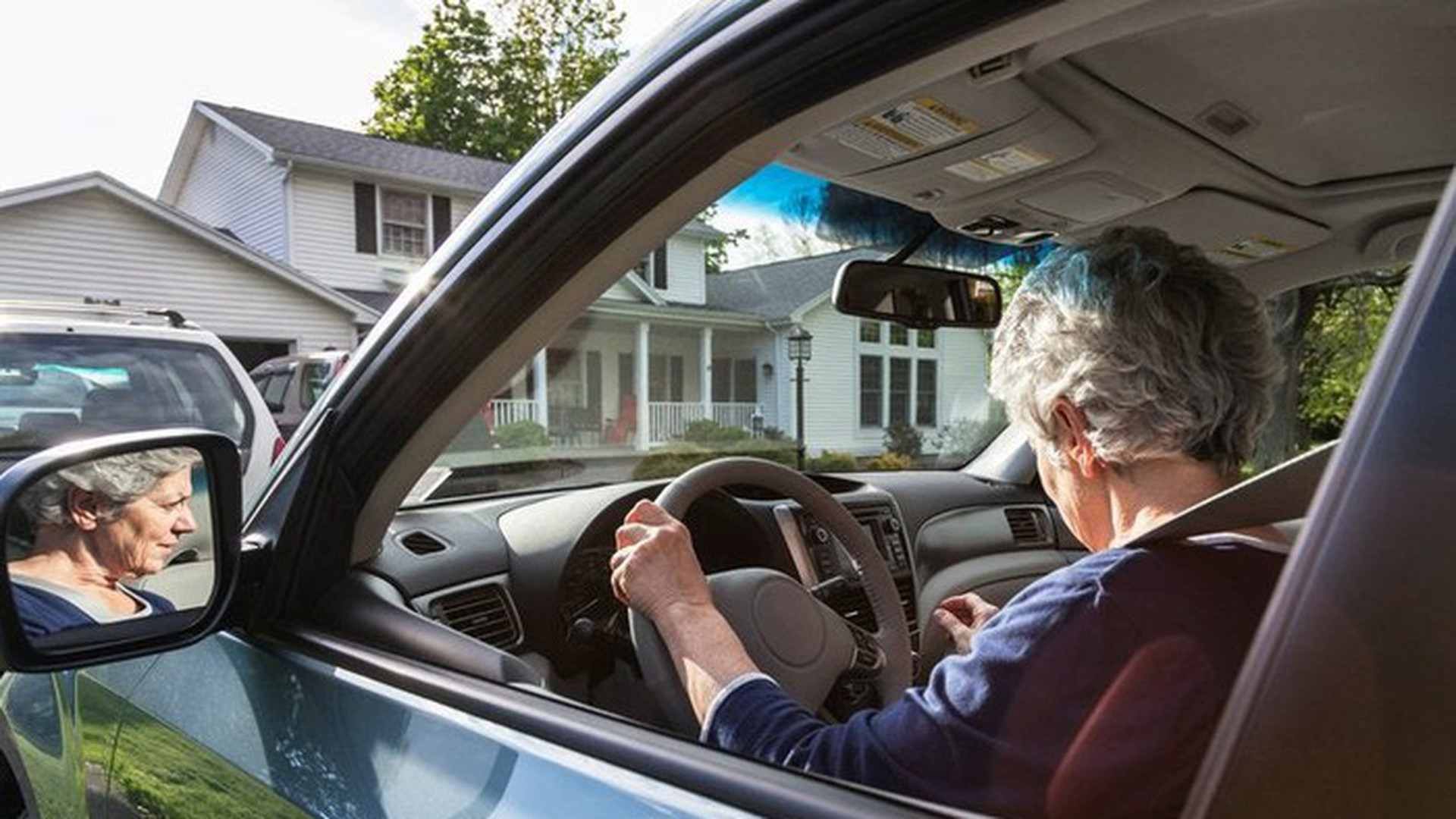Why Bundling Insurance Doesn't Always Make Sense
When buying insurance, consumers will notice that most companies offer a discount for bundled coverage.
Bundling coverage means purchasing multiple kinds of insurance from the same company. For example, it could mean purchasing both home and auto insurance from one insurer rather than holding separate policies with two individual carriers.
Bundling coverage can make life more convenient since it means dealing with only one insurance company. The discount for getting multiple policies from the same insurer can also seem attractive. But there are actually a few key reasons why bundling doesn't make sense in every circumstance.
Here are two of them.
1. Bundling may not always be cheaper, even with discounts
While buying multiple policies with the same insurer usually does result in discounts, this approach doesn't always lead to the cheapest total premiums.
Sometimes, a particular company happens to be more expensive for a specific kind of coverage -- even with a discount. If a policyholder gets cheap car insurance from an insurer but that company's home insurance is very expensive, even the multi-policy discounts may not bring the price down enough.
It may be possible to have a lower combined premium by simply buying the cheapest auto insurance from one carrier and the cheapest home insurance from another.
The only way to know if that's the case is to get multiple quotes from different companies -- both with and without bundling discounts -- to see how to get the lowest price overall. Fortunately, thanks to it being quick and easy to get insurance quotes online, it's fairly simple to do this comparison shopping.
2. Bundling may mean getting inferior coverage for a specific policy type
There's another reason, perhaps even more important, why bundling isn't always the way to go when picking which insurer to buy policies from.
See, the purpose of buying insurance isn't just to get the cheapest policies on the market. Consumers want to get the policy with the lowest price that also offers comprehensive coverage and good customer service. And sometimes this means going with different companies for different kinds of insurance.
Some insurers, for example, have a really great reputation for customer service and claims handling when it comes to auto insurance -- but they aren't stellar when it comes to their homeowner's or renter's offerings. There's little reason to settle for an inferior home insurer just to get a multi-policy discount, and doing so could backfire big time if a claim must be made.
Not all insurers offer identical coverage either. For example, new car replacement protection may be available for a longer period with some insurers than with others. This coverage allows policyholders to get a brand-new car when a late model vehicle is totaled, rather than just getting a payment for the depreciated value that makes affording a comparable new car impossible.
If it's important to a motorist to get this kind of protection for as long as it's available, then it may be worth going with a car insurer that offers the better coverage in this area. And that might mean choosing a different company than the one that provides the best and most comprehensive home insurance plan. In this case, bundling wouldn't be wise.
It's worth it to shop around
Ultimately, anyone shopping for insurance should consider the pros and cons of bundling. It's a good idea to look into which insurer is best for each individual type of protection when deciding if securing a multi-policy discount is worthwhile.
This article was written by Christy Bieber from The Motley Fool and was legally licensed through the Industry Dive Content Marketplace. Please direct all licensing questions to legal@industrydive.com.
